Paradise Field: A Novel in Stories
University of Alabama Press, 2017
Paper: 978-1-57366-063-1 | eISBN: 978-1-57366-874-3
Library of Congress Classification PS3618.Y358P37 2017
Dewey Decimal Classification 813.6
Paper: 978-1-57366-063-1 | eISBN: 978-1-57366-874-3
Library of Congress Classification PS3618.Y358P37 2017
Dewey Decimal Classification 813.6
ABOUT THIS BOOK | AUTHOR BIOGRAPHY | REVIEWS | TOC
ABOUT THIS BOOK
Interconnected stories depicting the last years of a WWII bomber pilot, his relationship with his daughter as both child and adult, and his drift into infirmity and death.
When life dwindles to its irrevocable conclusion, recollections are illuminated, even unto the grave. Such is the narrative of Paradise Field: A Novel in Stories, whose title is taken from a remote airfield in the American Southwest, and while the father recalls his flying days, his daughter—who nurses the old man—reflects as well.
Pamela Ryder’s stories vary in style and perspective, and time lines overlap as death advances and retreats. This unique and shifting narrative explores the complexities of a relationship in which the father—who has been a high-flying outsider—descends into frailty and becomes dependent upon the daughter he has never really known.
The opening story, “Interment for Yard and Garden,” begins as a simple handbook for Jewish burial and bereavement, although the narrator cannot help but reveal herself and her motives. From there, the telling begins anew and unfolds chronologically, returning to the adult daughter’s childhood: a family vacation in France, the grotesqueries of the dinner table, the shadowy sightings of a father who has flown away.
A final journey takes father and daughter back to the Southwest in search of Paradise Field. Their travels through that desolate landscape foreshadow the father’s ultimate decline, as portrayed in the concluding stories that tell of the uneasy transformation in the bond between them and in the transcendence of his demise. Taken together, the stories in Paradise Field are an eloquent but unsparing depiction of infirmity and death, as well as solace and provocation for anyone who has been left to stand graveside and confront eternity.
When life dwindles to its irrevocable conclusion, recollections are illuminated, even unto the grave. Such is the narrative of Paradise Field: A Novel in Stories, whose title is taken from a remote airfield in the American Southwest, and while the father recalls his flying days, his daughter—who nurses the old man—reflects as well.
Pamela Ryder’s stories vary in style and perspective, and time lines overlap as death advances and retreats. This unique and shifting narrative explores the complexities of a relationship in which the father—who has been a high-flying outsider—descends into frailty and becomes dependent upon the daughter he has never really known.
The opening story, “Interment for Yard and Garden,” begins as a simple handbook for Jewish burial and bereavement, although the narrator cannot help but reveal herself and her motives. From there, the telling begins anew and unfolds chronologically, returning to the adult daughter’s childhood: a family vacation in France, the grotesqueries of the dinner table, the shadowy sightings of a father who has flown away.
A final journey takes father and daughter back to the Southwest in search of Paradise Field. Their travels through that desolate landscape foreshadow the father’s ultimate decline, as portrayed in the concluding stories that tell of the uneasy transformation in the bond between them and in the transcendence of his demise. Taken together, the stories in Paradise Field are an eloquent but unsparing depiction of infirmity and death, as well as solace and provocation for anyone who has been left to stand graveside and confront eternity.
See other books on: Fathers and daughters | Literary | Novel | Ryder, Pamela | Stories
See other titles from University of Alabama Press
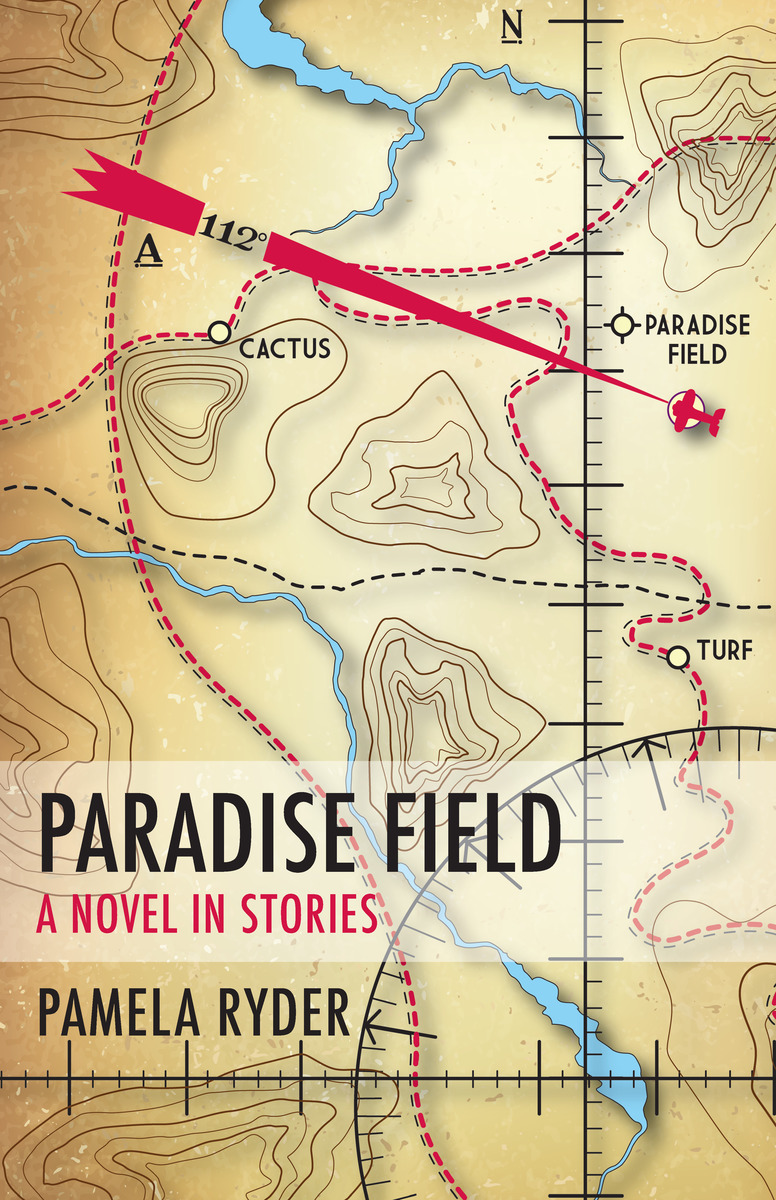

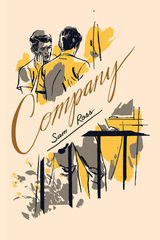
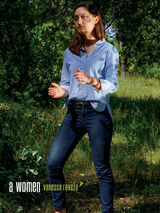
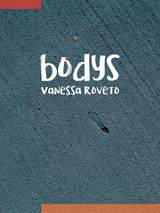
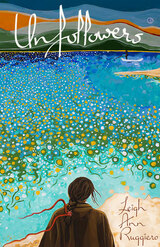
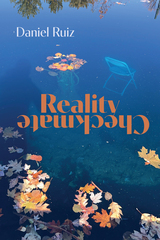

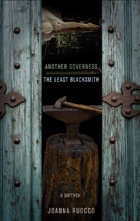
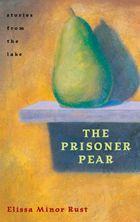
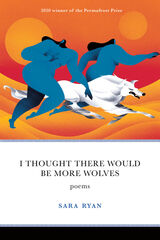
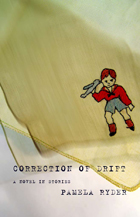
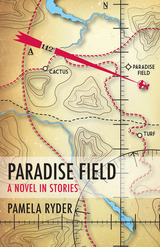
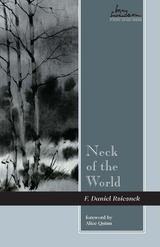
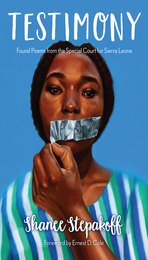
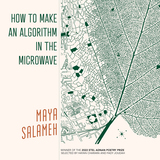
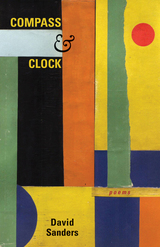
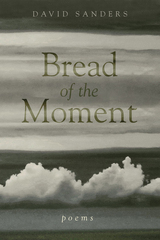
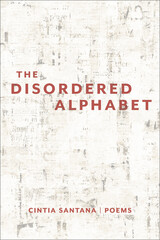
![from unincorporated territory [guma’]](https://www.bibliovault.org/thumbs/978-1-890650-91-9-thumb.jpg)
![from unincorporated territory [hacha]](https://www.bibliovault.org/thumbs/978-1-63243-049-6-thumb.jpg)
![from unincorporated territory [lukao]](https://www.bibliovault.org/thumbs/978-1-63243-041-0-thumb.jpg)
![From Unincorporated Territory [åmot]](https://www.bibliovault.org/thumbs/978-1-63243-118-9-thumb.jpg)
![from unincorporated territory [saina]](https://www.bibliovault.org/thumbs/978-1-890650-46-9-thumb.jpg)
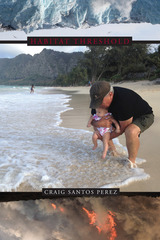
![Call This Mutiny: [uncollected poems]](https://www.bibliovault.org/thumbs/978-1-63243-128-8-thumb.jpg)


